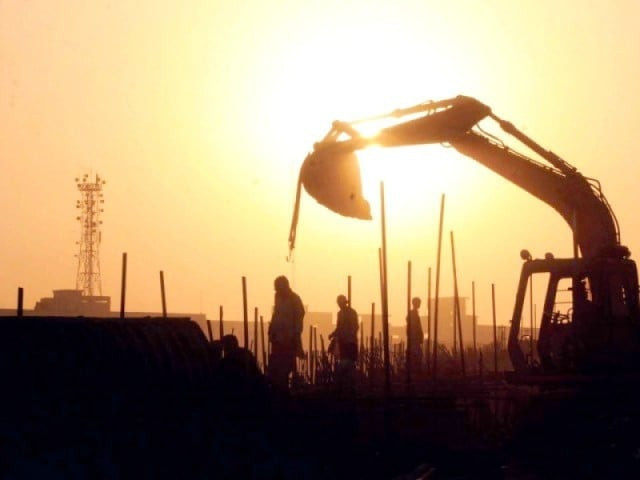Decentralisation and local development
Current centralised system of administering local govt cannot provide facilities to low-income people

The current system of local government is administered through either central or provincial bureaucracy where policymaking is centralised and decision-making is top down.
Officers of the local government and street-level bureaucrats also report to the administrator appointed by the provincial government. This kind of structure and decision-making has become inefficient and ineffective with the passage of time.
Bureaucrats tend to centralise authority where technology plays a vital role. They employ cutting-edge technology to handle big projects which, in turn, require highly skilled labour force. Such technical personnel are part of the global workforce and these people are from the middle class.
On the other hand, a large chunk of people do not have the background, resources and expertise to acquire such skills and they cannot reap the fruits of these projects. Moreover, administrative cost of these projects increases a great deal owing to supervision and such projects become a drag on the existing scarce resources.
The case of metro bus is instructive in the mega cities of Punjab. These buses connect one part of the city to the other. Elevated infrastructure is installed in the congested areas while they run on roads in the suburban areas of the city.
City roads require remodeling every now and then according to the emerging requirements where the provincial authorities keep erecting flyovers, constructing underpasses, changing turns and U-turns to smoothen the flow of traffic.
In addition, the expenditure on escalators, elevators, steel fences and electrical systems will keep increasing as the time goes by. Such expensive projects require continuous injection from the coffers of the government as it cannot increase the fares of these politically sensitive schemes.
Also, the masses cannot afford and tolerate the ever-increasing fares. The question arises: is it prudent to design and implement such big projects? Such projects are the result of distant bureaucracy, which is unaccountable to cost overruns and delays. The current setup does not allow officials of the local government to design, devise and experiment with socially productive projects.
The above-mentioned top-down mechanism restricts their capabilities and weakens their capacity. Thus, the emerging situation calls for a decentralisation of authority. A decentralised system would be sensitive to local needs where the decentralised local government would have control over the use of funds. There is a need to design and implement decentralised public works, which involve labour-intensive components.
For instance, slums and densely populated areas confront the outmoded drainage and sewerage facilities. In the presence of an energised local community, the local government may facilitate the restoration and maintenance of the dilapidated sewerage system. If the local community is not vibrant, the local government will take the initiative to mobilise the community.
This participatory development will increase the ownership of the local people. There is a role model available in the form of Orangi Pilot Project, pioneered by late Dr Akhtar Hameed Khan.
The project did set an example of sanitation improvement at a low cost. Unfortunately, the successive administrations could neither scale this up nor take maximum benefit out of this. Hence, the fruits of the project remained restricted to a few. In a nutshell, the current centralised system of administering the local government through central and provincial bureaucracies could not provide facilities to the low-income people, who do not have the capacity to pay.
In addition, the conceived projects are expensive, technically complicated and insensitive to the needs of the local public. Such projects are a drag on the existing scarce resources.
Last but not the least, the ownership of these projects is missing, which questions their sustainability.
The writer is an independent economist who worked at SDSB, Lahore University of Management Sciences (LUMS)
Published in The Express Tribune, April 15th, 2024.
Like Business on Facebook, follow @TribuneBiz on Twitter to stay informed and join in the conversation.



















COMMENTS
Comments are moderated and generally will be posted if they are on-topic and not abusive.
For more information, please see our Comments FAQ